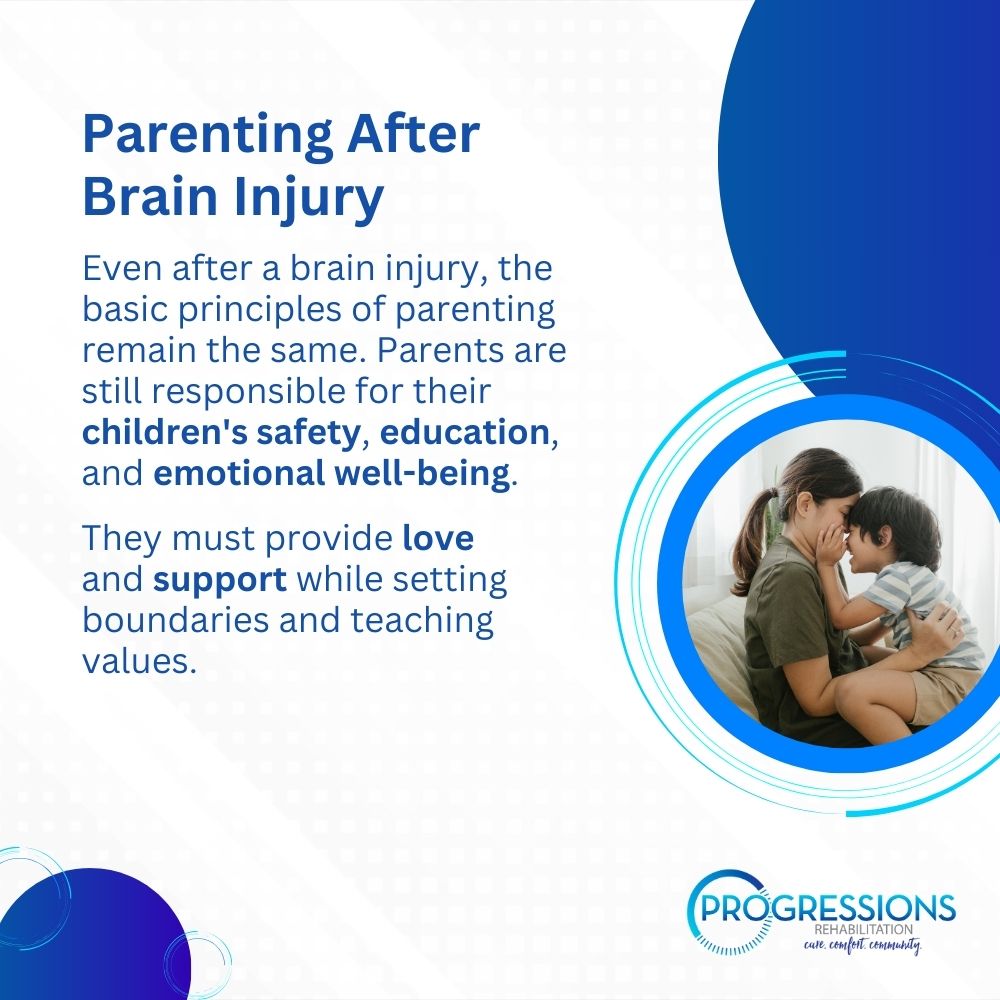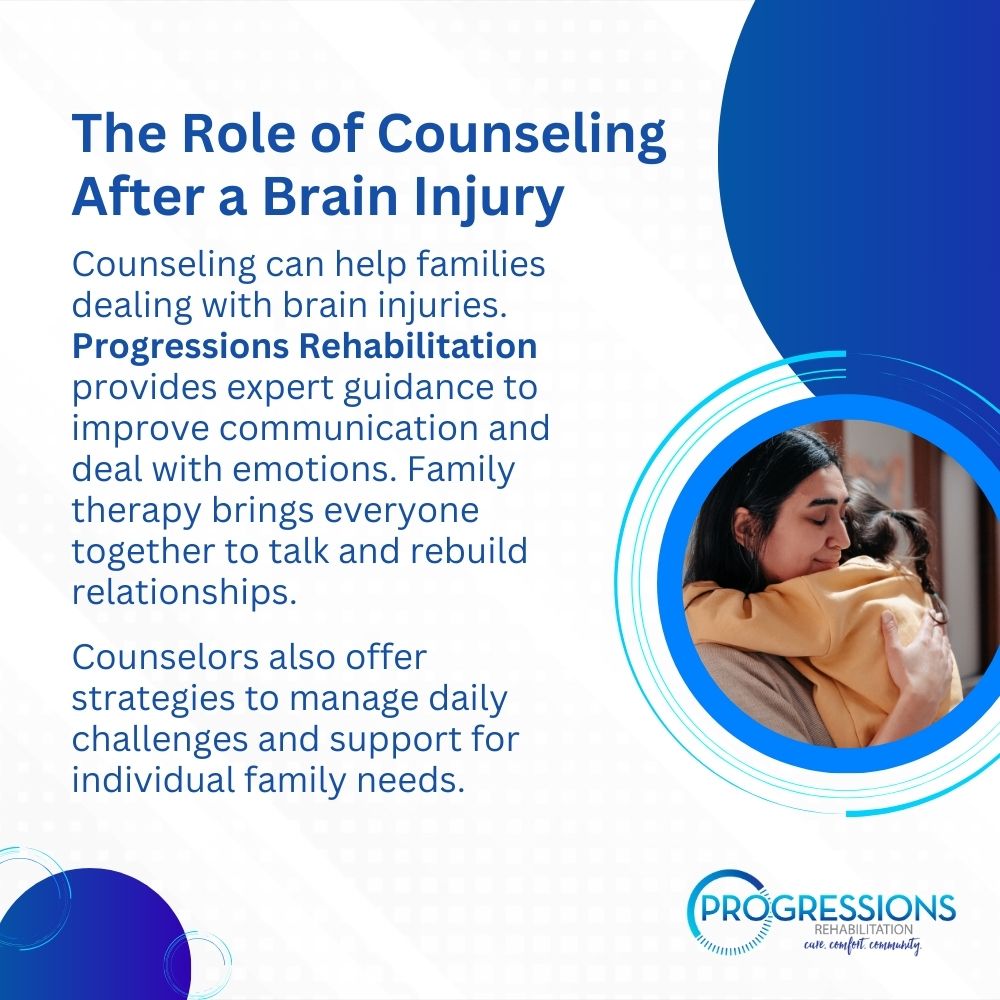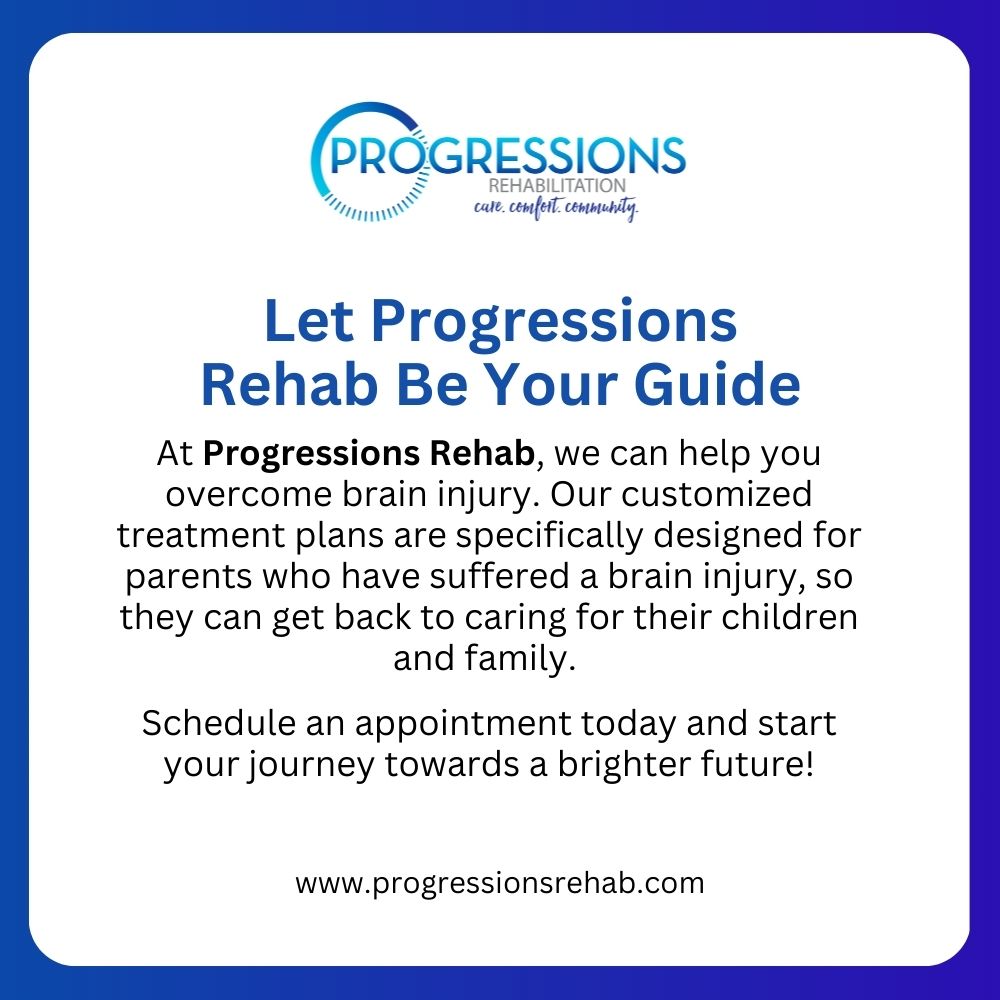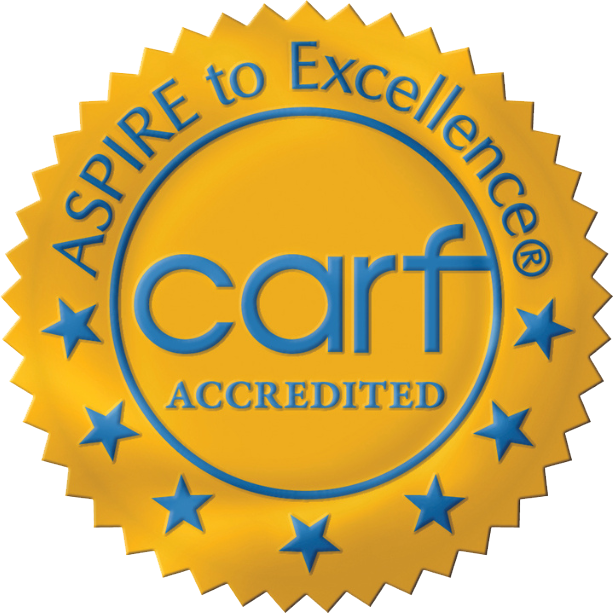Parenting is a huge responsibility and can be challenging for anyone. But when someone suffers a brain injury, it can make parenting even more difficult. Brain injuries can change how a person thinks, feels, and acts, making it hard to care for oneself and others. Understanding how to navigate parenting after a brain injury is essential for both parents and their children.
This blog post will discuss some critical insights to help you through this journey.
Understanding the Impact of Brain Injury on Parenting
A brain injury can occur due to many reasons, such as accidents, strokes, or falls. In the past year, over 214,000 people were hospitalized due to brain injuries, and over 69,000 lost their lives as a result.
When a parent has a brain injury, they might struggle with daily tasks and have a hard time being involved in their child’s life. This can lead to frustration, sadness, and confusion for both the parent and the child.
Children are sensitive and can notice when something is wrong. They may feel scared or anxious if their parents are not acting like they used to. Communicating openly with children about the injury, using language they can understand, is essential. This helps them process their feelings and understand what is happening.
The Basics of Parenting Still Apply
Even after a brain injury, the basic principles of parenting remain the same. Parents are still responsible for their children’s safety, education, and emotional well-being. They must provide love and support while setting boundaries and teaching values.
However, after a brain injury, parents might find it harder to manage these responsibilities. It may take more effort to plan meals, help with homework, or keep track of appointments. Parents might also struggle with emotions, affecting how they interact with their children.
It’s crucial to remember that asking for help is okay. Whether it’s relying on family, friends, or professional services, support can make a big difference in managing parenting duties.

Relearning Parenting Skills
After a brain injury, parents may need to relearn some of their parenting skills. This process involves understanding what has changed and finding ways to adapt. It’s not just about doing things the same way as before; it’s about finding new strategies that work for everyone.
Here are three critical areas to concentrate on:
- Focus on Communication
Effective communication is vital. If parents are struggling to express themselves, they should practice using simple language. Encourage children to ask questions and express their feelings. This open dialogue helps create a safe space for both parent and child.
- Establish Routines
Routines are helpful for children and parents alike. Establishing a daily schedule can provide structure and stability. It can include regular meal times, homework periods, and family activities. Routines help children know what to expect, reducing anxiety and confusion.
- Set Realistic Goals
After a brain injury, it’s essential to set realistic parenting goals. Start with small, achievable tasks. Celebrate each success, no matter how small. This positive reinforcement boosts confidence for both the parent and the child.
Understanding Children’s Reactions
Children may react differently to a parent’s brain injury, feeling scared, sad, or angry. Parents need to validate these emotions and reassure them that feeling this way is okay. Parents can support their children by listening without judgment and explaining the injury in simple, age-appropriate terms to reduce confusion and fear.
In addition to talking, involving children in caregiving tasks can be beneficial. Simple activities like helping with chores or spending quality time together can strengthen their bond and give them a sense of responsibility. This engagement allows children to feel more connected and valued, helping them cope with the changes in their family life.

The Role of Counseling
Counseling can be an effective tool for families dealing with a brain injury. Professional guidance, like that from Progressions Rehabilitation, can help parents and children communicate better and address their feelings. Family therapy sessions can bring everyone together to discuss their experiences and work on rebuilding relationships.
Counselors can also provide strategies for managing daily challenges, offering support tailored to each family’s unique situation. This can be especially beneficial in addressing any behavioral changes in children or helping them cope with their feelings.
Let Progressions Rehab Support Your Journey
Navigating parenting after a brain injury can be challenging, but you don’t have to do it alone. Progressions Rehab specializes in providing long-term care for brain injury patients, offering the support and expertise needed to help families thrive.
Our services include:
● Assisted living for brain injury patients, ensuring they receive the necessary care while maintaining independence.
● Comprehensive neuro rehabilitation Michigan tailored to individual needs.
● Quality nursing homes for stroke patients, providing specialized care for recovery.

At Progressions Rehab, we understand the importance of family reintegration and the challenges that come with it. Our dedicated team is here to help you and your loved ones through this journey. Contact us today to learn more about how we can support your family during this time of healing and growth.
***
The material on this site is for informational purposes only and DOES NOT CONSTITUTE THE PROVIDING OF MEDICAL ADVICE, and is not intended to be a substitute for independent professional medical judgment, advice, diagnosis, or treatment. Always seek the advice of your physician or other qualified healthcare provider with any questions or concerns you may have regarding your health.



